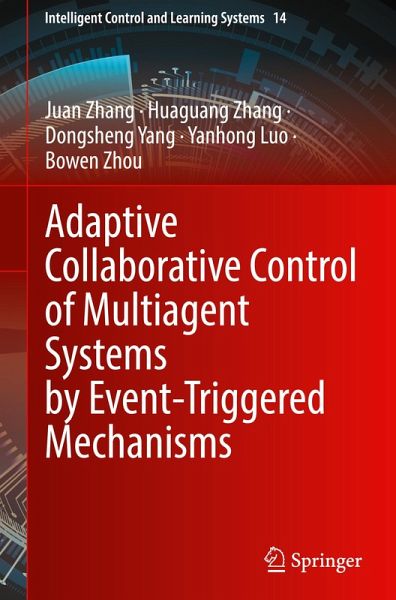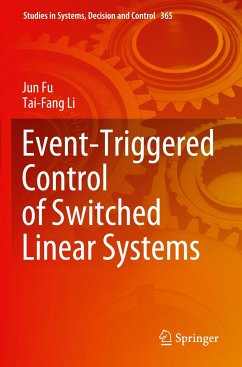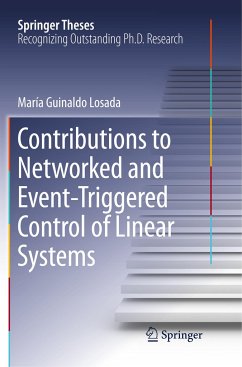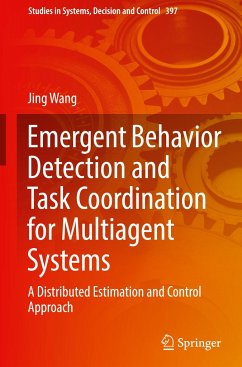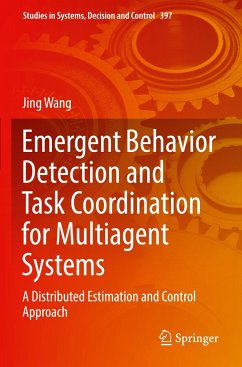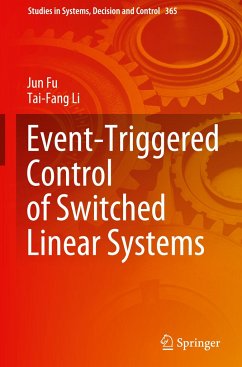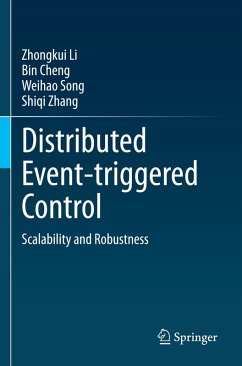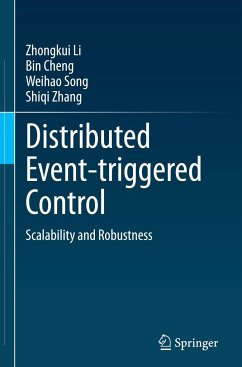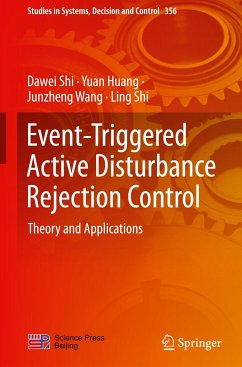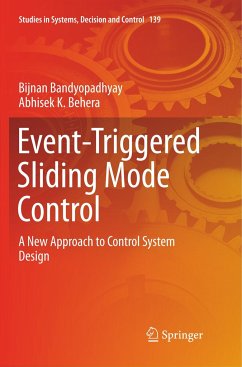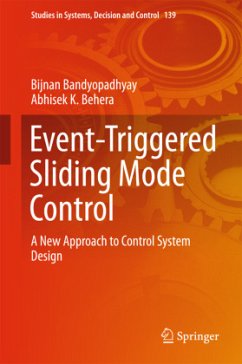Juan Zhang received the B.S. degree in information and computing science from Shanxi Normal University, Linfen, China, in 2016, and the M.S. degree in basic mathematics and the Ph.D. degree in control theory and control engineering from Northeastern University, Shenyang, China, in 2018 and 2023, respectively. She is currently a Lecturer with the School of Information Science and Engineering, Northeastern University, where she is also a Post-Doctoral Fellow. Her current research interests include containment control, event-triggered control, formation control, consensus control, fault-tolerant control, DoS attacks for multi-agent systems, and their applications in boiler systems. Huaguang Zhang (Fellow, IEEE) received the B.S. and M.S. degrees in control engineering from Northeast Dianli University, Jilin, China, in 1982 and1985, respectively, and the Ph.D. degree in thermal power engineering and automation from Southeast University, Nanjing, China, in 1991. He has authored or coauthored over 280 journals and conference papers, six monographs, and coinvented 90 patents. His current research interests include fuzzy control, stochastic system control, neural networks-based control, nonlinear control, and their applications. He was Recipient of the Outstanding Youth Science Foundation Award from the National Natural Science Foundation Committee of China in 2003 and the IEEE Transactions on Neural Networks and Learning systems Outstanding Paper Award in 2012. He was named the Cheung Kong Scholar by the Education Ministry of China in 2005. He is E-Letter Chair of the IEEE CIS Society and Former Chair of the Adaptive Dynamic Programming and Reinforcement Learning Technical Committee of the IEEE Computational Intelligence Society. He was Associate Editor of the IEEE Transactions on Fuzzy Systems from 2008 to 2013. He is Associate Editor of Automatica, the IEEE Transactions on Neural Networks and Learning Systems, the IEEE Transactions on Cybernetics, and Neurocomputing. Dongsheng Yang (Senior Member, IEEE) received the B.S. degree in testing technology and instrumentation, the M.S. degree in power electronics and electric drives, and the Ph.D. degree in control theory and control engineering from Northeastern University, Shenyang, China, in 1999, 2004, and 2007, respectively. He is currently Professor with Northeastern University. He was supported by the Program for New Century Excellent Talents in University. He has authored or coauthored more than 70 papers published in academic journals and conference proceedings, three monographs, and coinvented 80 patents. His current research interests include distributed generation, multi-energy power systems, and artificial intelligence-based fault diagnosis and protection. He was a recipient of the Second Prize of National Science and Technology Progress. Yanhong Luo (Member, IEEE) received the B.S. degree in automation control, the Ph.D. degree in control theory and control engineering from Northeastern University, Shenyang, China, in 2003 and 2009, respectively. From 2016 to 2017, she visited The University of Texas at Arlington as a Visiting Scholar. She is currently a Professor with Northeastern University. She has published more than 100 SCI/EI indexed papers. Her research interests include renewable energy accommodation, distributed control and optimal operation of energy Internet, adaptive dynamic programming, and data-driven self-learning control and its industrial applications. She is a recipient of Andrew P. Sage Best Transactions Paper Award (2015) with IEEE SMC Society. In addition, she is the Former Vice-Chair of Adaptive Dynamic Programming Reinforcement Learning Technical Committee with IEEE Computational Intelligence Society.She served as the Session Chair or a TPC member for more than 20 international conferences. Bowen Zhou (Member, IEEE) received the B.Sc. and M.Sc. degrees in electrical engineering from Wuhan University, Wuhan, China, in 2010 and 2012, respectively, and the Ph.D. degree in electrical engineering from Queen's University Belfast, Belfast, U.K., in 2016. He joined the Department of Electrical Engineering, Northeastern University, Shenyang, China, in 2016, where he is currently an Associate Professor. He is also the Vice Dean of the School of Future Technologies, Northeastern University. He has published more than 70 SCI or EI-indexed papers and holds 20 patents. His research interests include power and energy system operation, energy storage, demand response, and energy internet. He has served as a youth editorial board member and a special issue guest editor for several international and domestic journals. He has served as the session chair and a TC/PC member for more than ten conferences. He is also the standing director or the director of several IEEE PES China committees and subcommittees.
